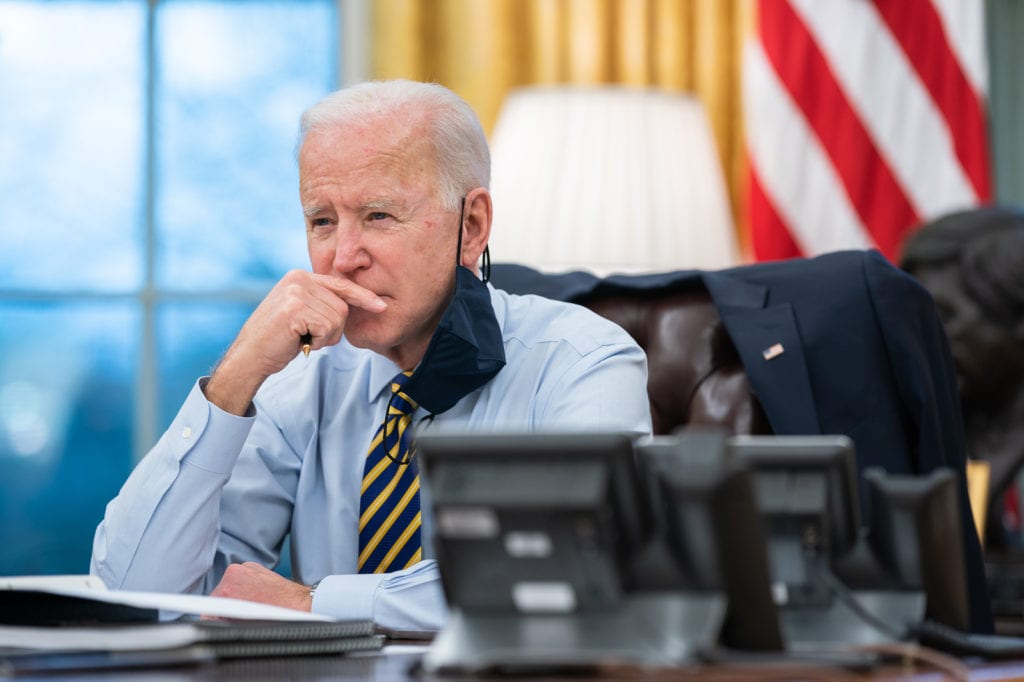
A $1.9 trillion federal economic relief package approved by both houses of Congress, and sent to the White House for President Joe Biden’s signature, drew a thumbs down from Sens. Lisa Murkowski and Dan Sullivan, both R-Alaska.
While there is broad bipartisan recognition that additional federal support is needed to help the nation recover economically from the pandemic, Murkowski said that after evaluating President Biden’s response proposal to COVID-19, she found she could not vote for it. However, she was able to get some support for Alaska’s struggling tourism industry, plus funds for seafood processors and more.
“The bill includes support specifically for tribes to make necessary investments in water, sewer or broadband infrastructure and increases the Rural Provider Relief fund,” she said.
The senator said she helped to secure an increase to the minimum amount of state and local funding for all states — Alaska was originally slated for $800 million and that is now increased to $1.25 billion. “The Senate also passed my bipartisan amendment to give homeless youth and children the resources they need to enroll and succeed in school amid the ongoing pandemic,” she said.
“But what I could not vote for was the largest spending package the Congress has ever advanced, on top of the $4 trillion we have already directed toward COVID relief,” she said. While she worked to make the bill better for Alaska, there are still formulas that don’t work for small population states, allocations that exclude Alaska Natives, and significant federal dollars that will go to those who have economically benefited during the pandemic, Murkowski said.
“There is no doubt that this bill contains some significant provisions that will help Alaskans, such as funding for struggling individuals and communities, the university system, and additional relief for Alaska’s tourism industry,” Sullivan said. “But too much of this bill has nothing to do with pandemic relief. In fact, only a small fraction of the money being proposed will contribute to vaccinations and public health initiatives.
“The effects of this pandemic aren’t just hurting Republican states or Democratic states,” he said. “That’s why we need input and compromise from both sides of the aisle and representatives from all parts of the country — especially when it comes to a bill with a nearly $2 trillion price tag.”





